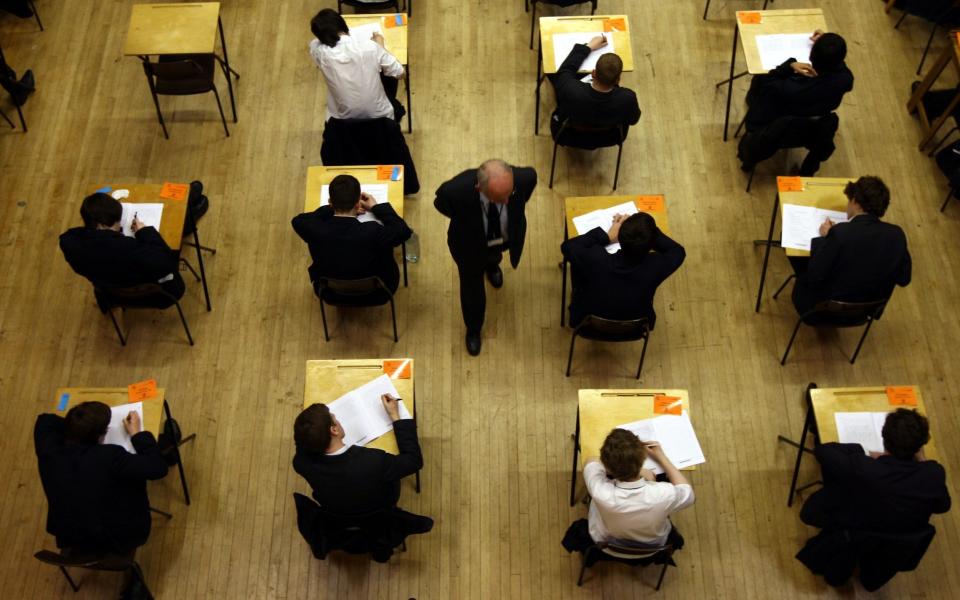‘Therapy culture’ in schools making young adults too sensitive

Young people are growing up with a "victimhood" complex due to "therapy culture" in schools, a professor has warned.
Modern methods of teaching seek to “avoid any emotional upset or offence”, according to Dennis Hayes, emeritus professor of education at Derby University. These methods were to blame for their sensitivity and the ease with which young people were offended.
In an essay published in a new paper by the Higher Education Policy Institute, he argues that the “culture of victimhood” in university students has arisen because they have spent “years in schools with a therapeutic ethos that seeks to avoid any emotional upset or offence”.
He cited the recent example of students at Oxford University who voted to remove a picture of the Queen from their common room as they felt it represented “colonial history”.
'Chilling atmosphere'
Prof Hayes said: “The therapeutic voice of the student in all these cases and in many others the student voice is an expression of therapy culture. That is what has changed over the last decade.
“Whether the student voice is censorious or managerial, it is based on emotion, either on being emotionally hurt and taking offence, or giving advice to other students and staff based on your feelings.
“The current student concern with ‘identities’ illustrates the therapeutic turn well. It is an expression of a therapeutic need for emotional connection with others, present or past.”
He warned that a “chilling atmosphere” had been created on university campuses owing to student calls for speakers to be cancelled, disciplined or sacked for their views.
“The lack of success in censoring speakers is sometimes pointed out by those who deny there is a free speech issue in universities, but that denial misses the point,” he said.
“The overall effect is to create a chilling atmosphere on campus. The student voice that seeks to silence speakers deserves a bad press. And, in reply to a criticism that is sometimes made, this is not an argument for censoring the censorious student voice. A belief in free speech requires that even censorious voices be heard but challenged."

 Yahoo News
Yahoo News 